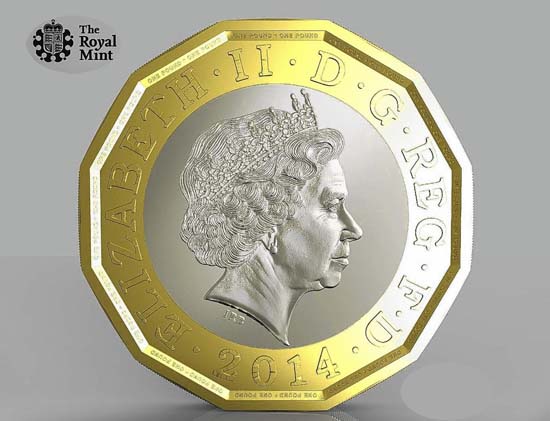 London, Apr 7: Britain's Royal Mint has started minting coins from Indian bullion cargo recovered from a British ship more than 70 years after it was sunk by a German U-boat.
London, Apr 7: Britain's Royal Mint has started minting coins from Indian bullion cargo recovered from a British ship more than 70 years after it was sunk by a German U-boat.
The British ship with a cargo of 2,800 bars of silver bullion was on its way to London from Kolkata in 1941 when the ship, SS Gairsoppa, was torpedoed by a German submarine off the Irish coast.
The ship spent 70 years lost beneath the waves before being found in 2011, about 460km off the Irish coast, at a depth of three miles, half a mile deeper than the Titanic.
The deepest rescue operation in maritime history was carried out by a US company and the silver bullion was recovered from the seabed.
A portion of it was passed to the Royal Mint which began striking the coins on Friday, edged with the name SS Gairsoppa.
According to a recent report in The Telegraph, Shane Bissett, the Royal Mint's director of bullion and commemorative coin, said: "This incredible story marks yet another exciting moment in the Royal Mint's fascinating 1,000-year history.
"The traditional Britannia coin design, Philip Nathan's elegant portrayal of a windswept Britannia looking out to sea, is the perfect image for the coins struck from SS Gairsoppa's long-lost cargo.
"We are so pleased to be able to bring these coins to the market at long last, albeit more than 70 years later than expected."
According to the report, in December 1940 the Royal Mint was running dangerously low in stocks of silver due to the onset of war and called in emergency supplies from India.
The SS Gairsoppa sailed from Calcutta carrying the silver under the protection of a naval convoy.
But after battling a heavy storm it began running short of coal off the coast of Southern Ireland and was forced to break free and head for the safety of Galway Harbour.
The slow merchant ship was spotted by a German U-boat patrolling the British waters and was torpedoed at 12.08am on February 17, 1941. It sank within 20 minutes.
Three lifeboats were launched but only Second Officer Richard Ayres made it to land and survived to tell the tale.
His lifeboat started with 31 men but after spending 13 deadly days he was the only sailor to make it to dry land alive.
He was awarded an MBE in recognition of his heroic efforts to keep fellow survivors alive, as well as a War Medal for bravery at sea, and amazingly returned to sea nine months later.





Comments
Add new comment